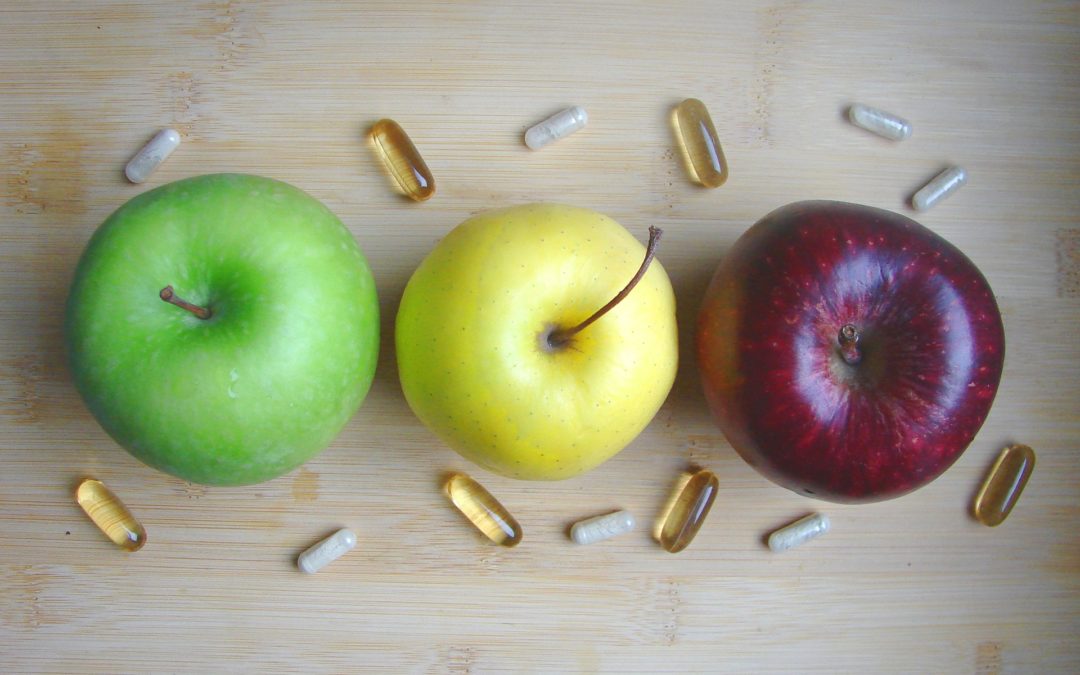Global Health Education at Rutgers: In our education content series, Rutgers Global Health Institute explores global health coursework offered throughout Rutgers.
Course Title
Food and Drug Law
Course Number
23:600:739
Instructor
Christina Ho, JD, MPP
Professor of Law
Associate Dean for Faculty Research, Development, and New Programs
Rutgers Law School
Course Description
This course is primarily an introduction to the U.S. Federal Food, Drug, and Cosmetic Act and the regulation of foods, drugs, and devices by the U.S. Food and Drug Administration (FDA). Students will learn the basic statutory and regulatory authorities under which the FDA operates. Because the practice of food and drug law occurs in a rapidly changing technological, legal, and policy environment, this course aims to give students facility with the policy arguments that they will use and encounter in their client advocacy, and which will shape the food and drug regulatory system of tomorrow. (Source: Food and Drug Law Syllabus)
Q&A with Prof. Ho
How does studying food and drug law impact global health?
The study of law provides a regulatory window through which the vulnerabilities and problems of our society become visible. Laws and regulations ensure values like the availability, purity, wholesomeness, safety, efficacy, proper labeling, and security of pharmaceuticals, medical devices, and food products for everyone. They educate and empower consumers to make safer and more informed decisions about the products they buy and the companies they support.
Take food for example. In the U.S., the rate of obesity and type 2 diabetes is at epidemic proportions—especially in the poorer communities where access to affordable, healthy food is challenging. The degree of processing in our food system may make it difficult for us to even recognize what we should be eating. A young mother trying to make a healthy food choice might buy “All-Natural Blueberry Waffles” because the box says it has no artificial flavors or colors. Ingredient labeling currently requires that the manufacturer list ingredients, disclosing: “blueberry-flavored fruit bits (sugar, starch, dried figs and cranberry with infused with blueberry juice concentrate and grape juice for color).” But the overall presentation of the food is misleading. Sure, the food may use natural coloring, but contains very little actual blueberry. What she thought was a healthy food choice turned out not to be healthy at all, and displaces healthy foods like fresh fruits. That not only affects her and her family’s health but imposes pocketbook harm as well.
What is at risk in settings where food and drugs are not regulated?
The regulation of food is one of the oldest forms of consumer protection in human civilization. Obviously, no one wants to eat something poisonous. And without regulation there are also indirect health risks, as the blueberry waffle example makes clear. But I also want to flag the social and cultural values that we protect through food regulation. When we cannot trust that what is being sold to us contains what it says it does, we lose our sense of social trust—which is what makes community possible. Take olive oil for example. Interchanging it with hazelnut oil may be equally nutritious, even indistinguishable in flavor. But there is something about what we have shared culturally as a community, and what we have passed down in our families in terms of recipes and traditions that is being violated when the standards for food identity are flouted.
How have your students’ views on food and drug law changed after taking your class?
It used to be that I had difficulty persuading people that food was an important topic of study. Everyone just wanted to study drugs as it was viewed as more important to health. Food was considered common and something that everyone takes for granted. In the last decade I have seen that change. There is much more awareness of food as a contested area in our lives.
They also see how a committed, savvy advocate, often on the industry side, can change the underlying laws. When a party with a lot at stake loses in court, or when they receive an agency ruling that is not what they desire, they have access to various kinds of political channels to change the background rules, whether statutory, regulatory, or judicial. My class shows them how often that happens. The industries have so much on the line that this has become the standard for their legal strategy.
What career paths might a graduate pursue in this area?
Year after year, I love to learn where all our graduates are working and contributing. One of my students is regulatory counsel at the U.S. Food and Drug Administration. I have heard from students who work for Sanofi, a global biopharmaceutical company focused on human health; and Foley & Lardner, LLP, a law firm with practice areas such as FDA regulation, consumer products, and health care. One has opened her own practice.
Career paths are as diverse as our students’ interests. There are the obvious paths, such as serving as general counsel for large food or pharmaceutical companies, working in product development and recalls, or brand promotion and advertising compliance. But then there are the less-than-obvious fields of practice, including investigating cybercrime to eliminate online pharmacies selling counterfeit drugs, piloting programs that create sustainable and accessible food systems for vulnerable communities, engaging in agricultural reform with an eye to food equity, and addressing intellectual property and sanitary/phytosanitary regulations in international trade. Whether one desires to work in a law firm, for government, or for a nonprofit, lawyers interested in global health initiatives can find many opportunities to apply their skills.

